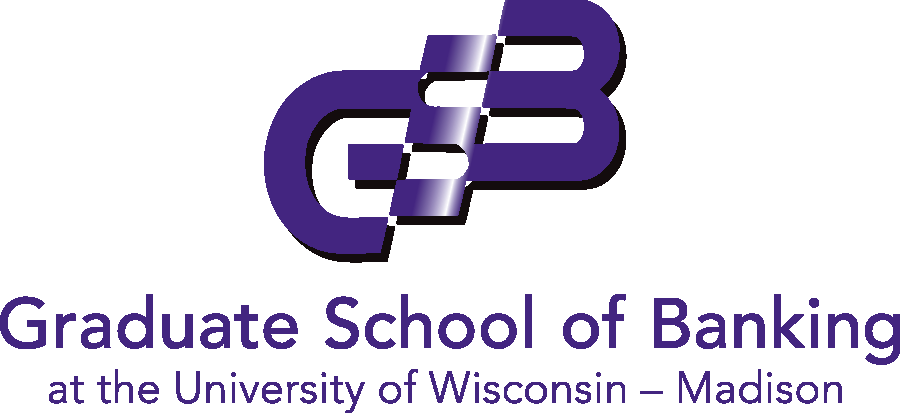Quick Links
Resources
4721 S Biltmore Lane
Madison, WI 53718
Home > GSB Online Seminar Series > Business Financial Statements and Tax Returns – Cash vs. Accrual Accounting Refresher-Fa25
Home > Schools & Programs > Business Financial Statements and Tax Returns – Cash vs. Accrual Accounting Refresher-Fa25
Purchasing for others?
$330.00
| Date | 09/09/25 |
|---|---|
| Recording Available Until | 12/09/25 |
| Presenter | Richard Hamm |
| Company | Advantage Consulting & Training |
| Target Audience | assistant relationship managers, branch managers that lend to business owners, commercial lenders, community bankers, Consumer lenders, credit analysts, loan review specialists and others involved in business and commercial lending, portfolio managers, private bankers, small business lenders, special assets officers |
| Program Time | 8:30 am-10:00 am CT |
| Duration | 90 minutes |
Many business and commercial lenders, plus credit analysts and portfolio managers, work primarily from company-prepared financial statements, along with business tax returns. One of the key issues in analyzing these documents is identifying the method of accounting being used. Much like two different, foreign languages can take the same text and render it into two different-looking documents, each method of accounting takes the same financial transactions and puts them together into two different-looking financial statements. Do you know the key differences in how cash and accrual method accounting handle these financial transactions? Can you “translate” between the two methods? Do you know which method your borrower is using?
This program provides a refresher for the key issues in determining which method of accounting is being used, and what it means for the analysis process. We also cover how and why either method is appropriate for some businesses. It’s not a matter of which one is “best,” it’s a matter of “fit.”
Attendees will learn to:
Target Audience: Credit analysts, portfolio managers, assistant relationship managers, community bankers, small business lenders, commercial lenders, consumer lenders, branch managers that lend to business owners, private bankers, special assets officers, loan review specialists and others involved in business and commercial lending
4721 S Biltmore Lane
Madison, WI 53718
We use cookies to enhance your experience on our website. By clicking "Accept," you agree to the storing of cookies on your device to analyze site usage, enhance site navigation, and assist in our marketing efforts. If you do not wish to accept all cookies, you can manage your preferences by clicking "Deny." For more detailed information about the cookies we use, see our Cookies Policy.

| Thank you for Signing Up |
